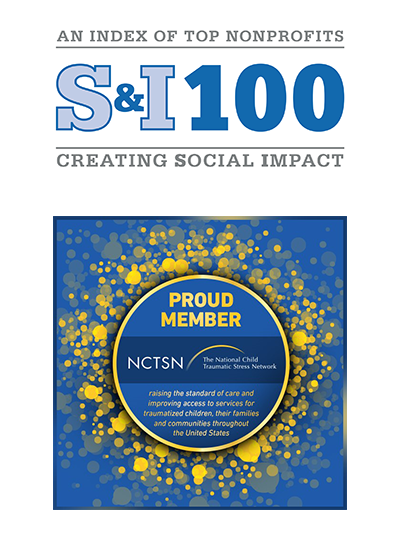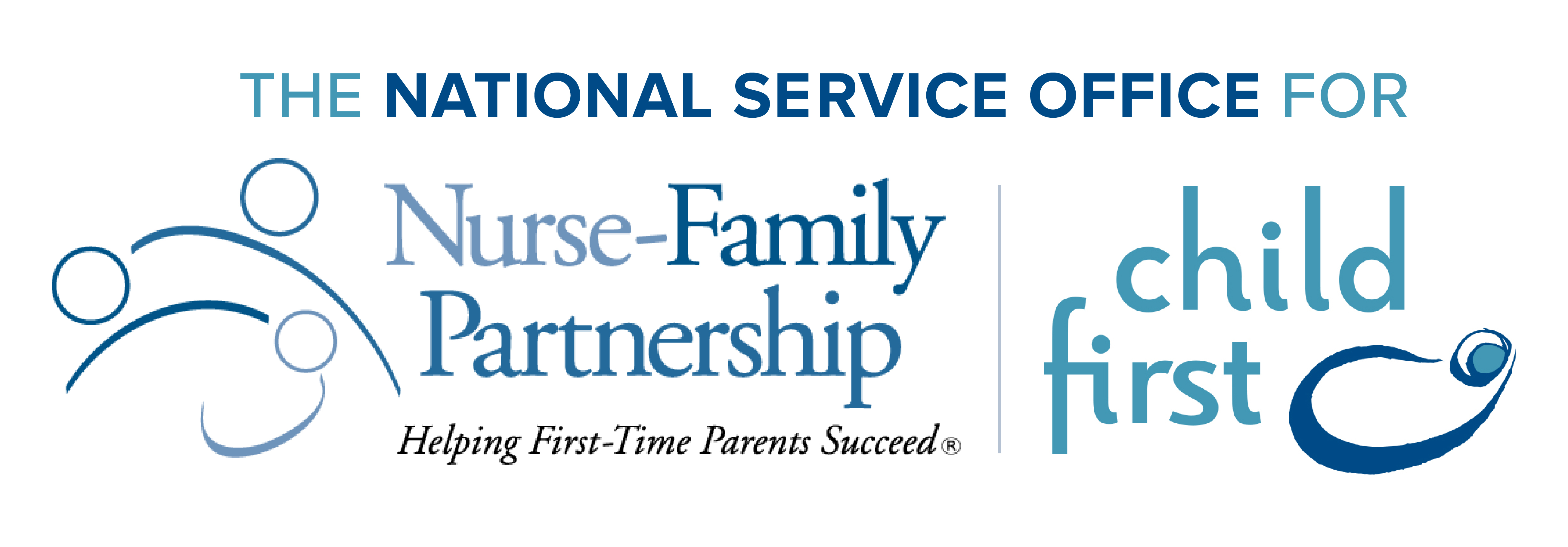Children are frequently referred to Child First from early care or education settings due to challenging behavior. Teachers report that they are frequently aggressive and disruptive within the classroom, hurting other children and preventing them from learning. Frequently, the referral to Child First is not made until a child is about to be expelled from the classroom.
All children in the Child First home-based program who attend an early care (Head Start; daycare; preschool; family, friend, and neighbor care) or kindergarten classroom receive visits as part of the assessment process. The Mental Health/Developmental Clinician gathers information within these settings through observation, a formal measure of social-emotional development completed by the child’s teacher or child care provider, and conversations with the teacher and school administration, if indicated. It is important to see how the child functions in this different environment, especially if it is the source of concern and referral. If expulsion is imminent, this becomes a “high priority case,” and the initial visit is made within 24 hours, if possible. If children have challenging behaviors, several visits are made to the classroom.
The Clinician observes:
- the overall organization of the classroom
- the teacher’s interaction with the identified child and with other children
- the child’s relationships with peers
- the child’s ability to play
- events, circumstances, or sensory stimulation that appear to dis-regulate the child and lead to challenging behaviors
- teacher attempts to help calm and organize the child and decrease behavior problems
The Clinician helps the teacher or child care provider understand the meaning of the child’s behavior, often leading to a new experience of empathy and compassion for the child and a spontaneous change in the teacher’s approach. The Clinician works collaboratively with the teacher to develop both individual and classroom strategies to decrease challenging behaviors and enhance the child’s social-emotional development. Frequently, this has positive impact on many other children in the classroom as well. The Clinician also works with the parent and teacher together to promote a positive relationship that can enhance the child’s social-emotional development and learning.







